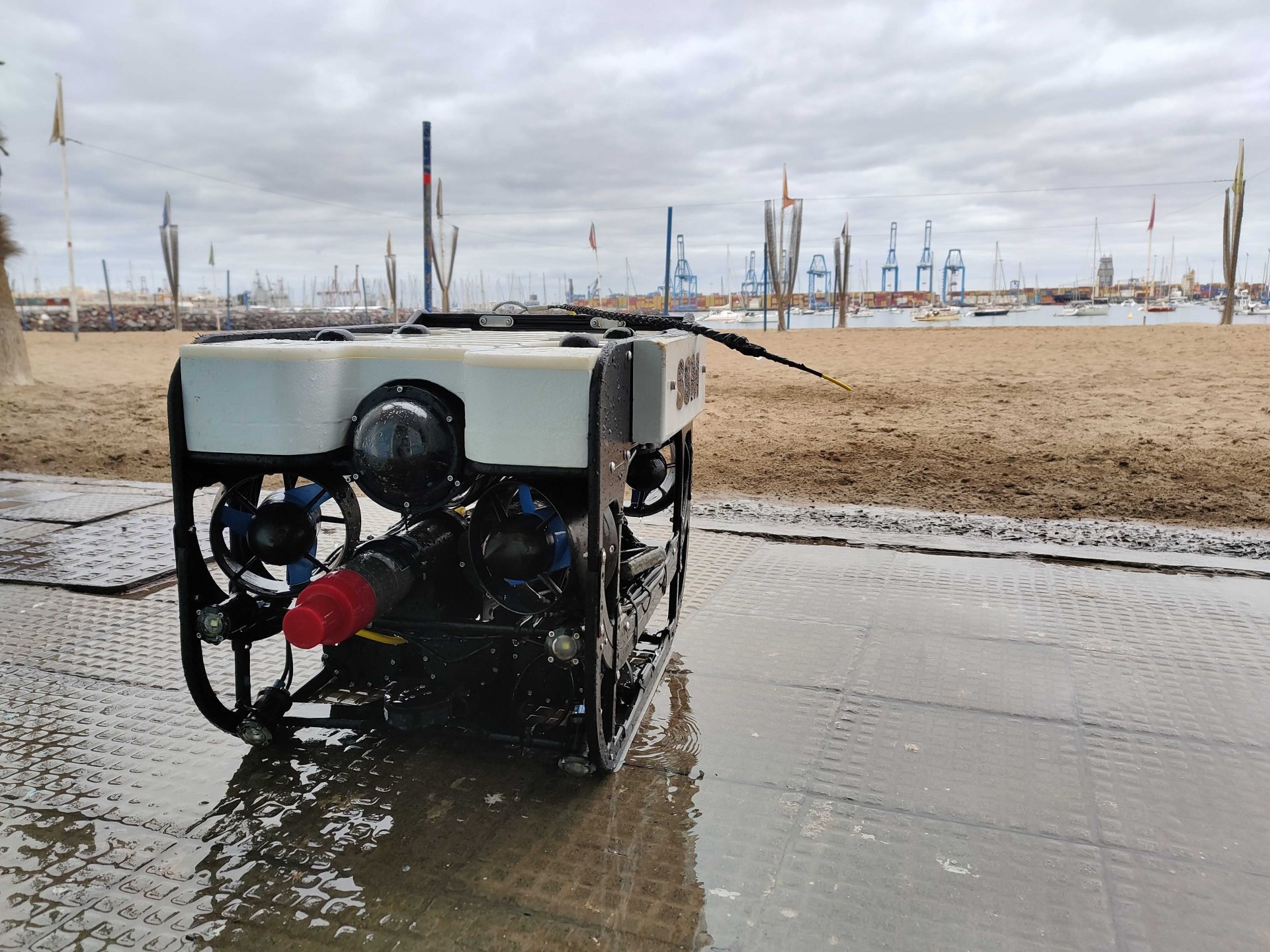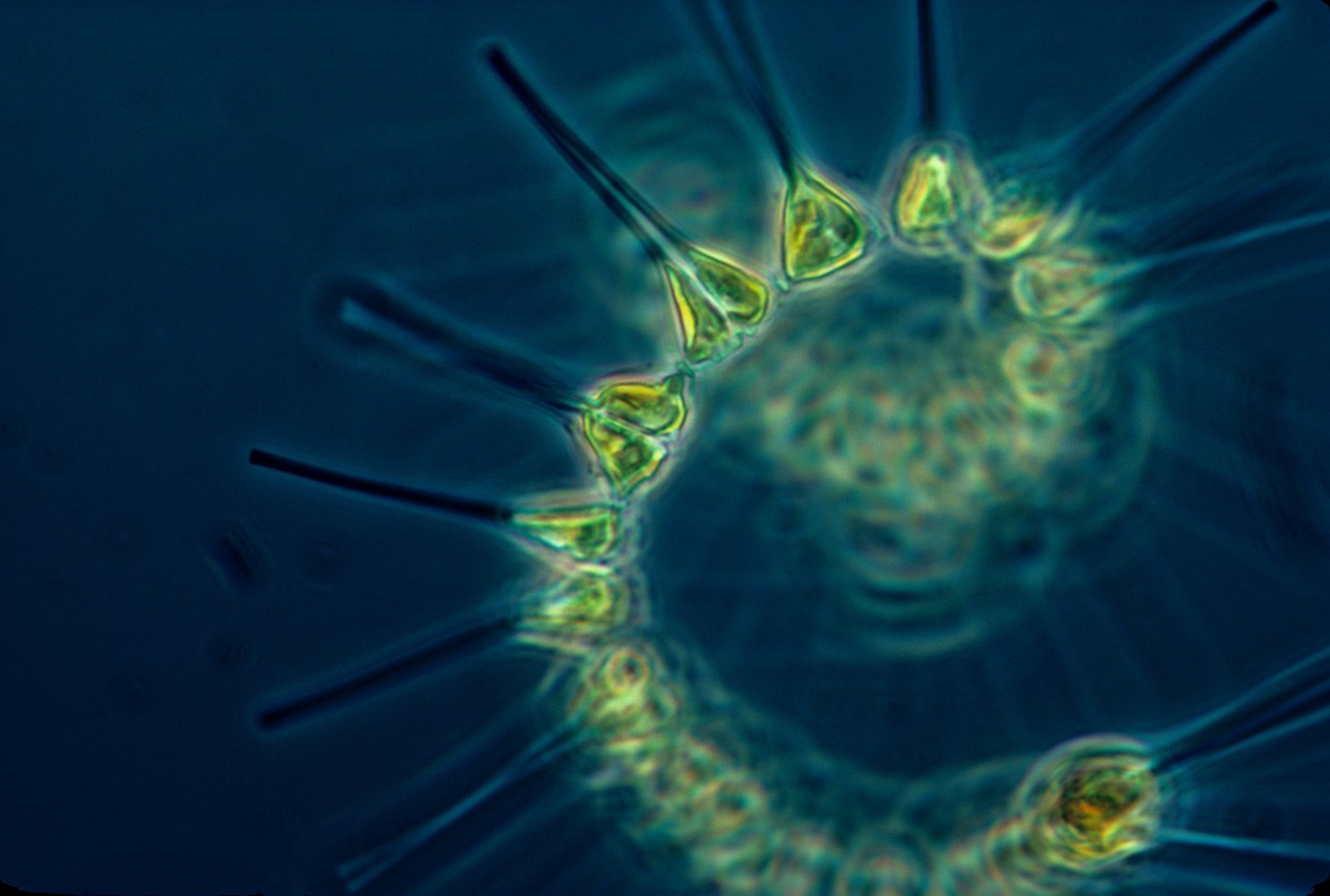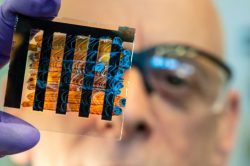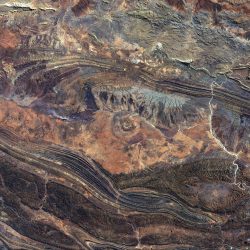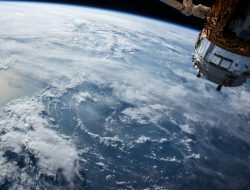According to the EC, a transition is needed towards an optimal and renewable use of biological resources and towards sustainable primary production and processing systems – reducing the environmental impact and greenhouse gas emissions.
Smart agriculture will allow farmers to use minimum quantities required of water, fertilizers, and pesticides, targeting very specific areas. It will be possible to grow crops in arid areas, making use of abundant and clean resources such as the sun and seawater. Other innovations – such as 3D printing of foods, cultured meat, genetic modification, and seawater agriculture – are still in the early stages but could all be game changers in the next decade.
There is a shift to high-tech and urban farming, primarily due to advancements in technology such as artificial intelligence (AI), big data, temperature and moisture sensors, or robots and drones. Sophisticated deep technologies can help smart agriculture to improve farming processes, crop yield and nutritional quality.
Projects that are a reality: see our success stories
Forest loss and degradation due to deforestation and increasing climatic stress pose massive threats to our global well-being. Deep tech can help tackle these sustainability challenges in forestry.
Forests cover approximately a third of the world’s surface and build the foundation of global well-being and life. Healthy and sustainably managed forests act as carbon sinks, being essential for climate change mitigation. However, forest loss and degradation due to deforestation and increasing climatic stress pose massive threats. Deep tech can help tackle these sustainability challenges in forestry. Forest technologies range from artificial intelligence to forecast natural disasters like earthquakes, to drone remote sensing that offers a wide range of applications such as surveying forests, mapping canopy gaps, measuring forest canopy height, tracking forest wildfires, and supporting intensive forest management
Ocean technologies range from autonomous vehicles, satellites, sonars, to robotics and deep tech for mapping and scanning.
Covering more than two-thirds of the Earth´s surface, oceans and seas are responsible for the production of more than 70% of the oxygen in the world, control climate by soaking up the heat, regulating rains and droughts, as well as absorbing CO2. They constitute an important source of food (fisheries) and employment (fisheries and shipbuilding sectors). Ocean technologies range from autonomous vehicles, satellites, sonars, to robotics and deep tech for mapping and scanning.


